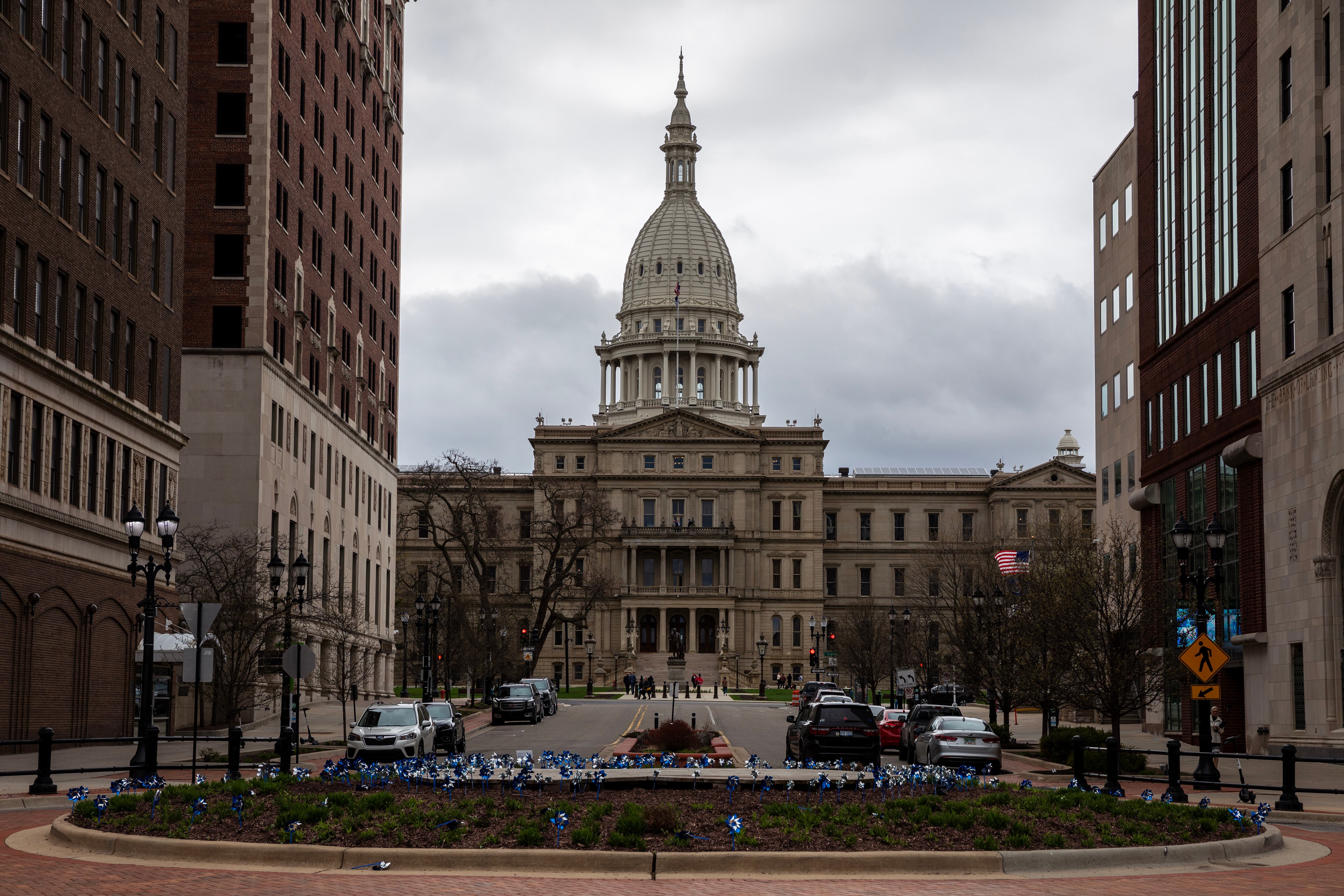Sign up for Chalkbeat Detroit’s free daily newsletter to keep up with the city’s public school system and Michigan education policy.
Two Republican incumbents won the election for the State Board of Education, securing their seats on the Democratic-dominated board for another eight years.
Republican Nikki Snyder of Dexter led with 2,487,229 votes, while Tom McMillin of Oakland Township was in second place with 2,457,312. Their reelections mean two of the most frequently vocal critics of State Superintendent Michael Rice will remain.
In recent months, both McMillin and Snyder gained support from some parents for demanding action and accountability from the Michigan Department of Education after a federal investigation found it violated the rights of children with disabilities during COVID-era school closures.
The MDE has contested the findings of the investigation. The outcome of the case is pending review by a U.S. Department of Education administrative judge.
Theodore Rhett Jones, one of the two Democrats challenging the incumbents, had 2,393,605 votes. The other Democrat, Adam Zemke, had 2,291,690 votes. Jones, who lives in Detroit, is senior director of talent initiatives for Global Detroit. Zemke is a former state representative and a small business owner from Ann Arbor.
Both Democrats also voiced concern over the Michigan Department of Education’s lack of communication with the board over the investigation.
McMillin was a representative in the House from 2009 to 2014. He owns a public accounting firm and is a father of three.
Snyder is a mother of three children in public schools and has experience as a disability advocate and nursing teacher.
Snyder and McMillin won their first terms in 2016 when Michigan went red for Republican President Donald Trump.
Two members of the U.S. Taxpayers party, one Libertarian, and one member of the Working Class Party also ran.
The board’s role is to make policy recommendations to lawmakers. It has the power to hire and fire the state superintendent. It does not have power over some important areas, such as school funding.
Hannah Dellinger covers K-12 education and state education policy for Chalkbeat Detroit. You can reach her at hdellinger@chalkbeat.org.
Nov. 11, 2024: This story was updated to say the MDE has contested the findings of the Office of Civil Rights’ investigation.





